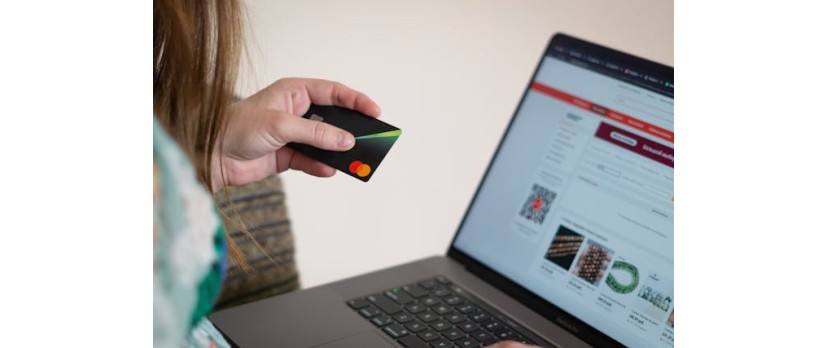In the competitive world of eCommerce, the flexibility to offer multiple payment options is not just an advantage—it's a necessity. OpenCart, a robust eCommerce platform, understands this need and provides seamless integration with a variety of payment gateways to enhance customer experience and increase conversions. This guide delves into how OpenCart handles payment methods, offering practical advice on setup, security, and troubleshooting.
Understanding Payment Integration in OpenCart
OpenCart’s architecture supports a wide range of payment solutions, accommodating global and local payment gateways. Whether your customers prefer PayPal, credit cards, or even country-specific options like Alipay, OpenCart facilitates these with minimal fuss. Let’s explore how these integrations work:
Built-in Payment Methods: OpenCart comes with several pre-installed payment methods including PayPal, Bank Transfer, Cheque Payment, and Cash on Delivery. These can be activated from your admin panel and configured according to your business requirements.
Third-party Payment Gateways: For additional payment methods, OpenCart’s extension marketplace offers numerous modules. These include popular gateways like Stripe, Authorize.Net, and Klarna which cater to a diverse customer base.
Setting Up Payment Methods in OpenCart
Configuring payment methods in OpenCart is straightforward. Here’s how you can set up a basic payment gateway:
- Accessing Payment Extensions: Navigate to the ‘Extensions’ tab in your OpenCart admin panel and select ‘Payments’ to view available payment modules.
- Installation and Configuration: Choose the payment method you want to integrate and click ‘Install’. Once installed, click ‘Edit’ to configure the necessary settings such as API keys, transaction fees, and geolocation restrictions.
- Testing: Before going live, thoroughly test the payment method to ensure everything works as expected. This helps identify any issues that might disrupt customer transactions.
Ensuring Payment Security
Security is paramount when handling online transactions. OpenCart supports several security measures to ensure safe and reliable payment processing:
- SSL Certification: Secure Socket Layer (SSL) certification encrypts data transferred between your customers and your site, safeguarding sensitive information.
- PCI DSS Compliance: Adhering to the Payment Card Industry Data Security Standard (PCI DSS) is crucial if you are handling credit card transactions directly.
Troubleshooting Common Payment Issues
Even with robust systems, issues can arise. Here are common payment-related problems and their potential solutions:
- Failed Transactions: Check logs for error messages; these can often point to misconfigurations or network issues with payment gateways.
- Customer Complaints: Regularly monitor customer feedback related to payment issues and address these proactively to maintain trust and satisfaction.
Enhancing Payment Functionalities
To further enhance your payment options, consider exploring OpenCart’s marketplace for extensions that offer advanced features like recurring payments, subscription management, and more. These tools can help cater to niche markets and increase customer loyalty.
Conclusion
Integrating effective payment methods into your OpenCart store is essential for maximizing sales and enhancing customer experiences. By following this guide, you can ensure that your payment processes are not only diverse and user-friendly but also secure and reliable. Always stay updated with the latest payment trends and OpenCart updates to keep your eCommerce store at the forefront of the industry.



Login and write down your comment.
Login my OpenCart Account